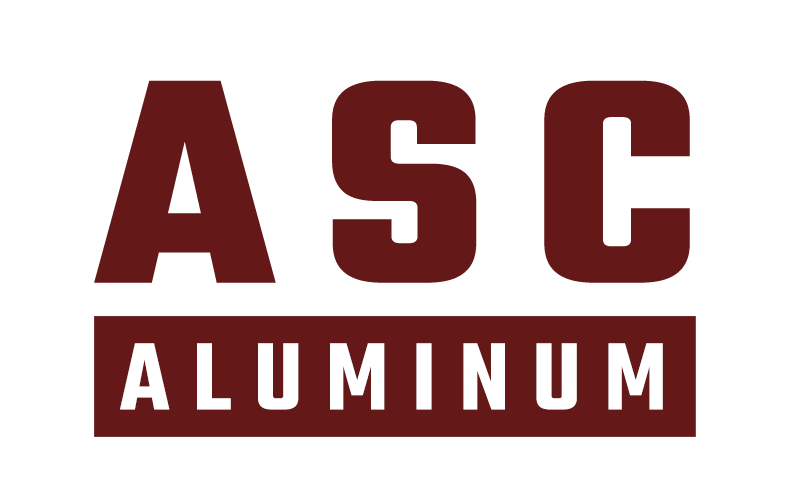With 2024 in full swing, folks are thinking about home projects left and right and the home addition pitfalls to avoid. While it’s still winter, it’s never too early to start thinking about what’s coming later this year and when it comes to home additions, it’s no different.
That being said, home additions can become incredibly costly if you don’t take the right precautions – and that’s what we’re here to do today. Here are some tips to help you avoid some of the pitfalls and construction pitfalls to avoid when planning your addition.
Not consulting an architect
Homeowners on a budget do this consistently when they’re trying to save time and money. They skip the consultation from an architect and go straight to the builder. These are terrible home addition pitfalls for a variety of reasons, but chiefly:
- An architect can anticipate design and structural issues a builder may miss – but more importantly – even if the builder doesn’t miss them, they’ll be able to see solutions the builder won’t. Otherwise, you spend all this money on your wonderful new project and then wham- here’s a design issue half way through the project and you’re back where you started.
- A good architect will make something that works and matches the current comfort and layout of your home. It might not seem or even BE that important to you – but when you go to sell your home, you’ll feel it quickly. Prospective buyers like additions that feel like they’re actually part of the original home itself – not something that was awkwardly tacked on for the sake of it.
- Architects can take your ideas and improve them and help you create a real dream home. Us builder types – we can execute most projects – but to get that real pop – that real zing – architects can take it to the next level.
Not pulling building permits and not obeying zoning ordinances and laws
America’s a free country for the most part – but it’s not entirely free and these home addition pitfalls are case in point. You can’t just build an addition because you want to. Making sure your T’s are crossed and your I’s are dotted is important. Simply put – there are too many horror stories of people building additions without an inspector’s approval and then having to spend even more time and money tearing it all down and building it back up.
So be mindful – if you’re looking to add on to your home, be sure you know what you can and can’t do -and have the necessary paperwork in order.
Trying to save on labor
Trust us – we get you on this one. Contractor labor is expensive. It just is. One of the worst things we see though – is the hiring of handymen that work for dirt-cheap. They don’t have insurance, workman’s comp, often staff up with lots of illegal immigrants… its corner-cutting city and a serious liability issue of something happens to them – or you. To boot – bad labor is bad labor. If the work is done poorly – it’ll fail. And that can lead to a whole host of other associated issues.
We highly recommend that you work wit ha pro who is bonded and insured. And if they can’t provide at least 3 positive references, then run for the hills.
Stick to the contract
One of the best ways to actually save money is to just be super clear and up front in the contract you negotiate with the contractor. It’s really simple. You should do three core things:
- Agree on a firm price at the beginning for what everything will cost.
- Detail the scope of the work (every task itemized)
- Have a crystal clear policy that outlines the criteria for change orders.
This way – there’s set budget and itinerary of what can and will be done. And hey – if you hit a snag, it’s not ideal BUT you’ll have a change order policy and having that fixed budget and price and itinerary will make it more cost effective when you pow-wow with your contractor about those change orders and how they fit in with the big picture of what you’re trying to do.
Tough or NOT ideal conversations are just simply part of the process. You open one wall and oh the things you will see! Just try to plan for them and when they come, everyone’s on the same page on what needs to be done. So if money needs to be added, that can be done reasonably. If other things need to be reshuffled to accommodate the need – that can be done, too. Nothing’s perfect, but everything can work so long as everyone plans up front.
Good luck with your addition this year and we’d appreciate it if you’d think of us! Do you have some pitfalls you think should be avoided? Leave a comment below!

